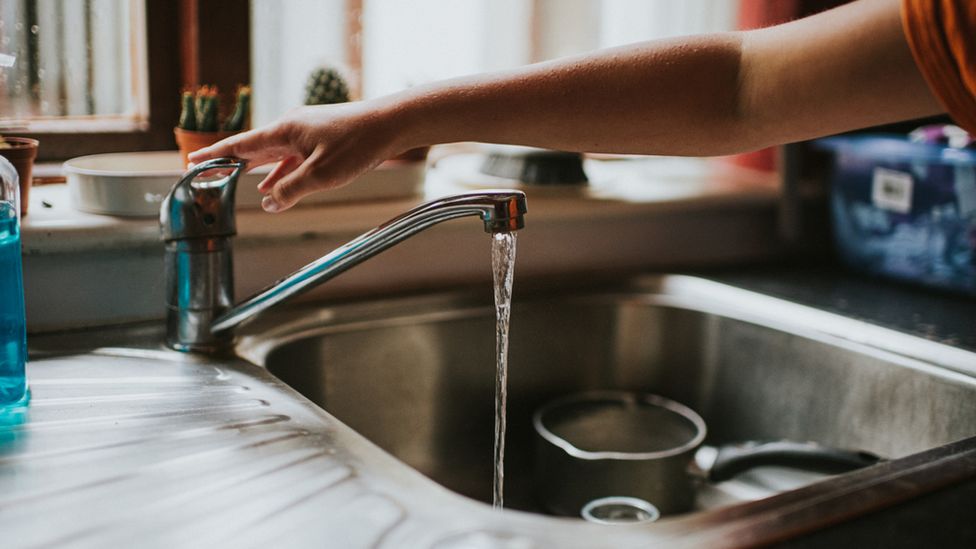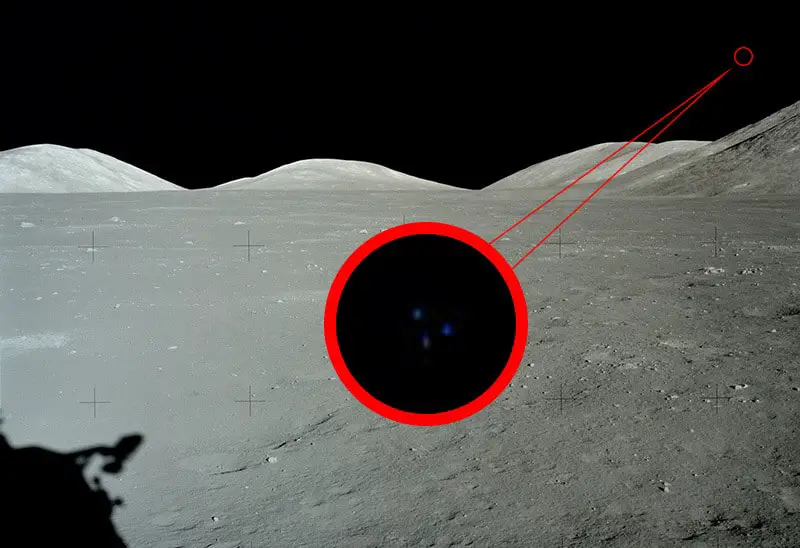 Image source, Getty Images
Image source, Getty Images
By Vishala Sri-Pathma
Business reporter
Water companies in England and Wales want bills to increase by £156 a year by 2030 to pay for upgrades and reduce sewage discharges.
The increase would allow infrastructure spending to almost double to £96bn, the water industry says.
But the proposals come amid public anger at the amount of sewage being discharged into rivers and seas and continued cost of living pressures.
Water industry regulator Ofwat has been asked to approve the plans.
If given the green light, water companies say the "record-breaking" investment proposals will secure the country's water supply in the long-term.
However, critics say customers should not be asked to foot the bill, arguing water companies have failed to invest adequately since they were privatised more than 30 years ago, with profits going to shareholders instead.
The industry says standards have improved significantly over that period with more than £200bn invested in improving water infrastructure, but that more is "urgently" needed.
Bill rises will vary between the water companies, which are all required to publish their individual investment plans on Monday.
Charges will go up gradually, initially by an average of £84 in 2025 rising each year to £156 extra by 2030.
The increases being proposed are in current prices. However, inflation means customers will eventually see bill increases that are higher than that in terms of the pounds they pay.
Clean water campaigner Feargal Sharkey told the BBC's Today programme he thought the proposals were a "breathtakingly catastrophic strategy" for the industry.
He said Ofwat had previously said that "we've already paid these companies to develop, build and maintain a sewage system capable of properly dealing with our sewage".
"So I don't know why Ofwat would ever agree that the customer should pay again for a second time for a service we've never received," Mr Sharkey said.
David Henderson, chief executive of Water UK, which represents the water companies, defended the industry's investment record.
"Since privatisation, £200bn has been invested, almost double the rate before privatisation. Drinking water is what was funded from that money to be now at the highest standard in the world.
"Leakage [is] down by a third. There's two-thirds less ammonia and phosphorus entering our rivers. The number of beaches classed as excellent is up seven-fold. And on top of that bills have been kept low. Since 2010, water bills on average have fallen by nearly a fifth.
"So it is not true to say we haven't been investing we have been investing and this is now the next great challenge."
Water UK said water companies were planning the "most ambitious modernisation of sewers since the Victorian era" and by the end of the decade said it could reduce leaks by a quarter compared with 2020.
It also said it would cut sewage spills into waterways by more than 140,000 each year by 2030. Water companies spilled sewage into rivers and seas more than 300,000 times in 2022.
Environment Secretary Therese Coffey broadly welcomed the investment plans. However, she said Ofwat should ensure customers do not "pay the price for poor performance".
The regulator, she said, "should use the full powers we have given them on behalf of consumers".
Last week, the regulator ordered water companies to pay back £114m to customers through lower bills after missing key targets.
Ofwat said firms were "falling short" on performance measures around leaks, supply and reducing pollution.
The regulator said in its assessment that not one company reached the highest measure of performance.
Dŵr Cymru, Southern, Thames, Anglian, Bristol, South East and Yorkshire Water fell into the lowest category of "lagging" and the remaining 10 were rated "average". None were considered "leading".
If water companies fail to meet the targets it sets, Ofwat restricts the cash that they can take from customers.
All but five of the water providers reviewed will have to give money back to customers by reducing their bills in 2024-25, rather than each bill payer getting a lump sum refund.
Are you worried about your water bill? Get in touch by emailing haveyoursay@bbc.co.uk.
Please include a contact number if you are willing to speak to a BBC journalist. You can also get in touch in the following ways:
If you are reading this page and can't see the form you will need to visit the mobile version of the BBC website to submit your question or comment or you can email us at HaveYourSay@bbc.co.uk. Please include your name, age and location with any submission.

 Movie
Movie 7 months ago
116
7 months ago
116 






![Presidents Day Weekend Car Sales [2021 Edition] Presidents Day Weekend Car Sales [2021 Edition]](https://www.findthebestcarprice.com/wp-content/uploads/Presidents-Day-Weekend-car-sales.jpg)



 English (United States)
English (United States)